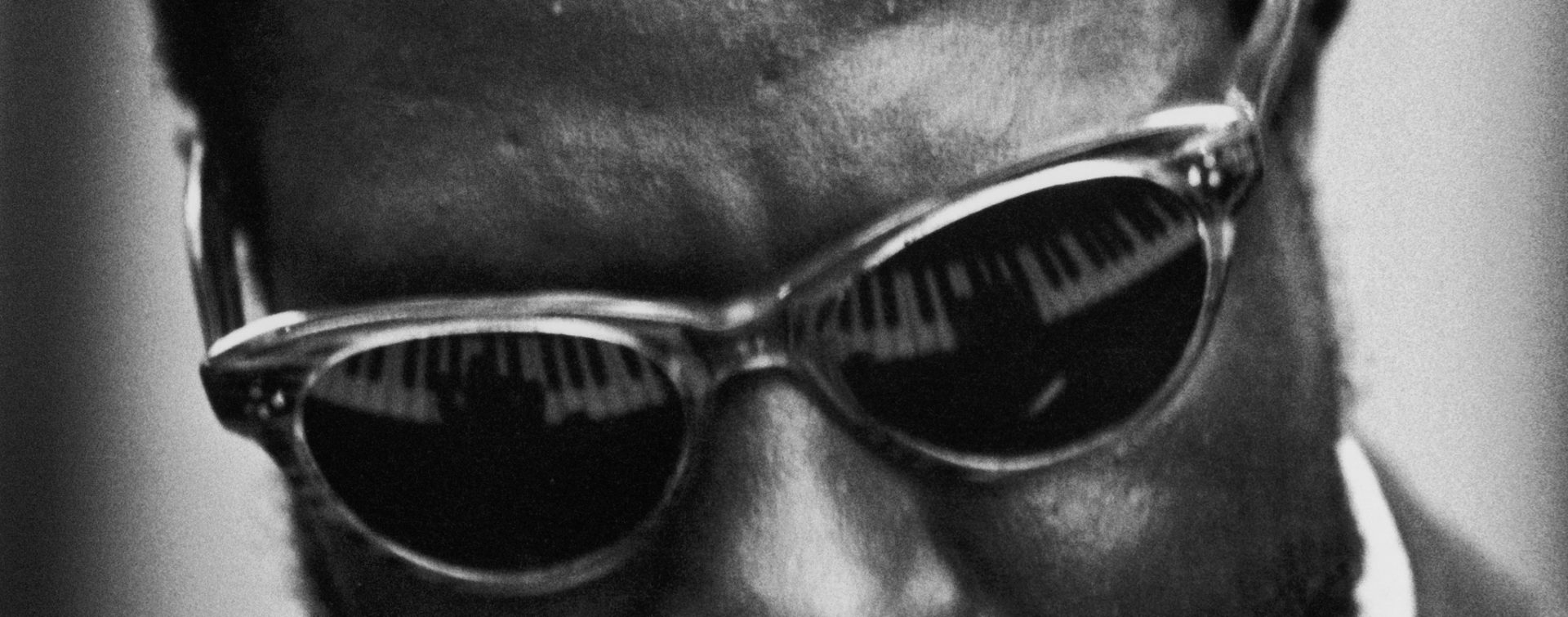
“All that matters is that you are making something you love, to the best of your ability, here and now.”
Was hoping for a few real world examples from Rubin’s illustrious music career, but this is still an inspiring book on the creative process.
Here is something I need to remember:
“Living life as an artist is a practice.
You are either engaging in the practice
or you’re not.
It makes no sense to say you’re not good at it.
It’s like saying, “I’m not good at being a monk.”
You are either living as a monk or you’re not.
We tend to think of the artist’s work as the output.
The real work of the artist
is a way of being in the world.”
Also love this:
“Beware of the assumption
that the way you work
is the best way
simply because
it’s the way you’ve done it before.”
Later, he writes of the Ramones:
“Innocence brings forth innovation. A lack of knowledge can create more openings to break new ground. The Ramones thought they were making mainstream bubblegum pop. To most others, the lyrical content alone- about lobotomies, sniffing glue, and pinheads- was enough to challenge this assumption.
While the band saw themselves as the next Bay City Rollers, they unwittingly invented punk rock and started a countercultural revolution. While the music of the Bay City Rollers had great success in its time, the Ramones’ singular take on rock and roll became more popular and influential. Of all the explanations of the Ramones, the most may be: innovation through ignorance.”
Hey, ho, let’s go.


















